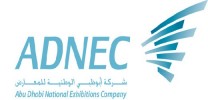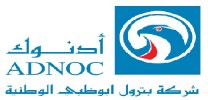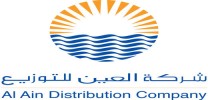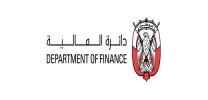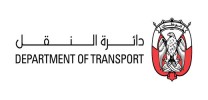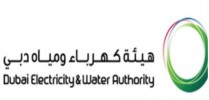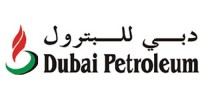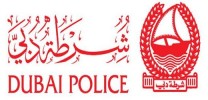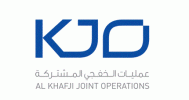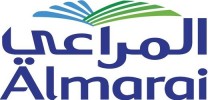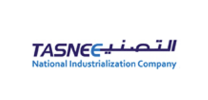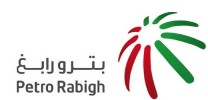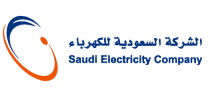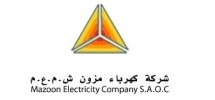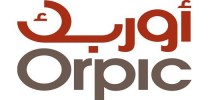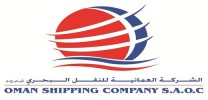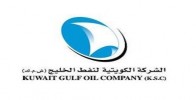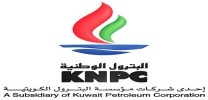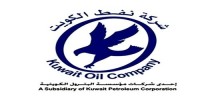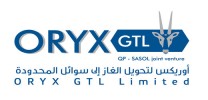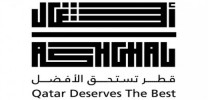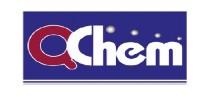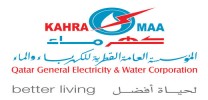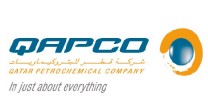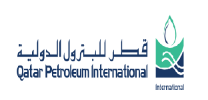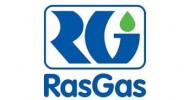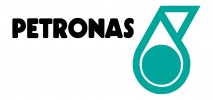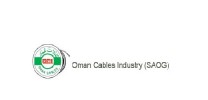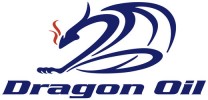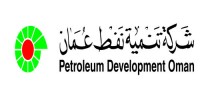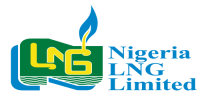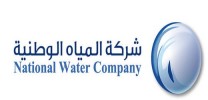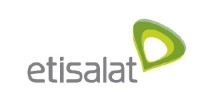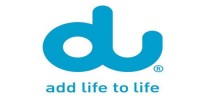
Petroleum Refining Technology & Economics for Technical Professionals
Course Introduction:
The success of every company depends of each employee's understanding of the key business components. Employee training and development will unlock the companies' profitability and reliability. When people, processes and technology work together as a team developing practical solutions, companies can maximize profitability and assets in a sustainable manner. Training and development is an investment in future success - give yourself and your employees the keys to success.
It is strategically important that your operations team understands the fundamentals of process unit operations concepts. This is the difference between being in the best quartile of operational ability and being in the last quartile. There is vast difference in the operational ability of operating companies and most benchmarking studies have confirmed this gap in operational abilities.
Whether you have a team of new or seasoned employees, an introduction or review of these concepts is very beneficial in closing the gap if you are not in the best quartile, or maintaining a leadership position. Most studies show that a continuous reinforcement of best practices in operational principles is the most effective way to obtain the desired results. Training and learning should be an ongoing continuous lifelong goal.
Course Objectives:
The main objective of this five-day course will guide the participants to develop key concepts and techniques for the refining of petroleum processes and economics. These key concepts can be utilized to make operating decisions that can improve your unit’s performance.
Many aspects of petroleum refining operations and management can be improved including, product recoveries, purities and energy utilization, and safety. This cannot be achieved without first and understanding of basic fundamental principles of design and operation. These principles need to be understood in advance of operating and troubleshooting a process unit operation for the manager or problem solving to be effective.
This course focuses on the core building blocks of the refining process systems, equipment and economics. This program will emphasize refining process unit operation fundamentals, safe utilization of these fundamentals by operations and maintenance personnel, and equipment troubleshooting techniques.
Who Should Attend?
This course is intended for people who are making day to day decisions regarding operation, design, and economics of processing plants such as; Operations personnel, Operation Supervisors, Maintenance personnel, Maintenance Supervisors, Senior Plant Supervisors, Operations Engineers, Process Support Engineers, Design Engineers, Cost Engineers. Also, the course is ideal for veterans and those with only a few years of experience who want to review or broaden their understanding in Processing Plant Operations as well as other professionals who desire a better understanding of subject matter.
Course Outline:
Day 1:
Introduction
- Overview of the Chemical Processing Industry
- Review of Process Incidents
- Safety for the Refining Groups
- Fundamentals of Petroleum Chemistry
- Description of a Hydrocarbon Molecule
- Types of Hydrocarbon Molecules
- Definition and Function of a Catalyst
Characteristics of Crude Oil
- Sources of Crude
- Composition of Crude
- Description of Crude Oil Fractions
- Definition of Physical and Chemical Processes
- Crude Oil Testing
- Crude Assays
Day 2:
Crude Oil Distillation
- Description of the Distillation Process
- Cut Points of the Various Fractions
- Crude Tower Design
- Vacuum Tower Design
Introduction to Refinery Equipment
- Distillation
- Absorption
- Heat Exchange
- Reactors
- Pumps
- Compressors
- Furnaces
Introduction to the Refinery Flow Sheet
- Refinery Flow Sheet
- Gasoline Processing Options
- Bottoms Heavy Oil Processing Options
- Alkylation
- Hydrotreating
- Gas Sweeting
- Sulfur Recovery
Day 3:
Crude Oil Quality and Refinery Flow sheets
- Crude Oil Types for Different Refinery Configurations
- Light vs. Heavy
- Sweet vs. Sour
- Paraffinic vs. Naphthenic
- Crude Oil Selection Methods
Product Blending and Usage
- Gasoline Properties and Blending
- Distillate Fuels: Heating Oil, Diesel, Jet Fuel
- Residual Materials: Bunker Fuel
- Lube and Specialty Products
Petroleum Product Markets
- Major Petroleum Products
- Product Supply and Demand Overview
- Petroleum Products Markets
Day 4:
Gasoline Production Processes
- Catalytic Reforming
o Process Chemistry and Catalyst
o Process Variables and Economics
- Isomerization
o Process Chemistry and Catalyst
o Process Variables and Economics
- Fluid Catalytic Cracking
o Process Chemistry and Catalyst
o Process Variables and Economics
- Alkylation
o Process Chemistry and Catalyst
o Process Variables and Economics
o Economics of Gasoline Production Processes
o Fundamentals of Hydroprocessing
Hydrotreating
- Process Chemistry and Catalyst
- Process Variables and Economics
Hydrocracking
- Process Chemistry and Catalyst
- Process Variables and Economics
- Options for Heavy Oil Processing
Day 5:
Delayed Coking
Solvent Deasphalting
Visbreaking
Residual Oil Hydroprocessing
Lube Oil Processing
- Economics of Heavy Oil Production Processes
- Refining Margins
Refinery Operating Costs
Refinery Profit Margins
Conversion Unit Processing Costs
Relative Value of Crude Oil versus Products
Refining Process Capital Costs
Course Methodology:
A variety of methodologies will be used during the course that includes:
· (30%) Based on Case Studies
· (30%) Techniques
· (30%) Role Play
· (10%) Concepts
· Pre-test and Post-test
· Variety of Learning Methods
· Lectures
· Case Studies and Self Questionaires
· Group Work
· Discussion
· Presentation
Course Fees:
This rate includes participant’s manual, Hand-Outs, buffet lunch, coffee/tea on arrival, morning & afternoon of each day.
Course Timings:
Daily Course Timings:
08:00 - 08:20 Morning Coffee / Tea
08:20 - 10:00 First Session
10:00 - 10:20 Coffee / Tea / Snacks
10:20 - 12:20 Second Session
12:20 - 13:30 Lunch Break & Prayer Break
13:30 - 15:00 Last Session





.jpg)

















